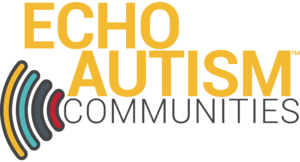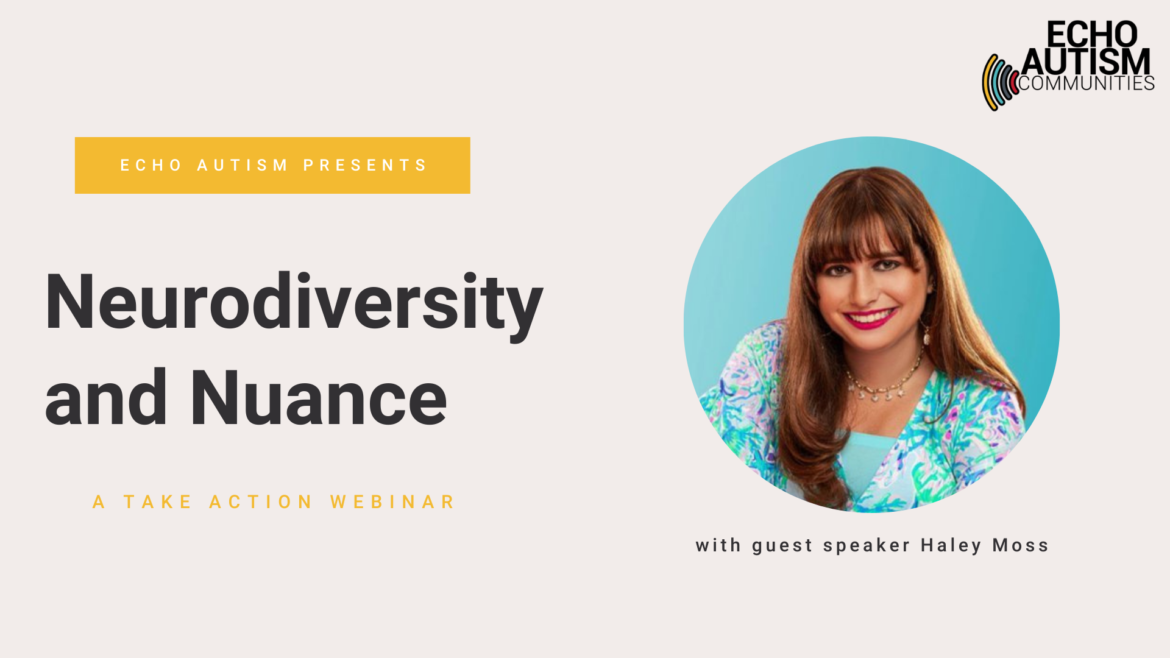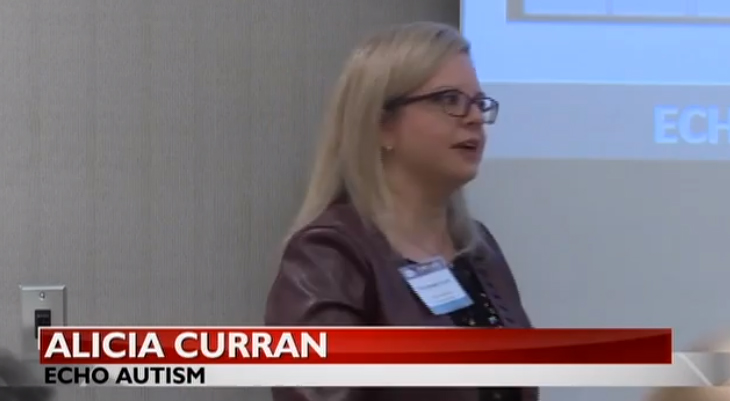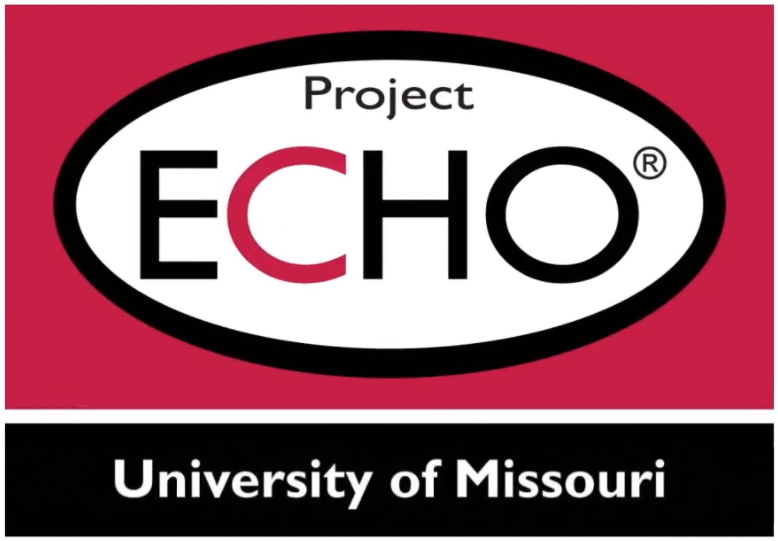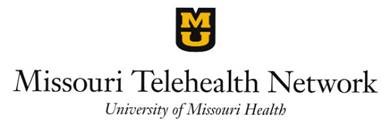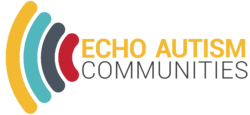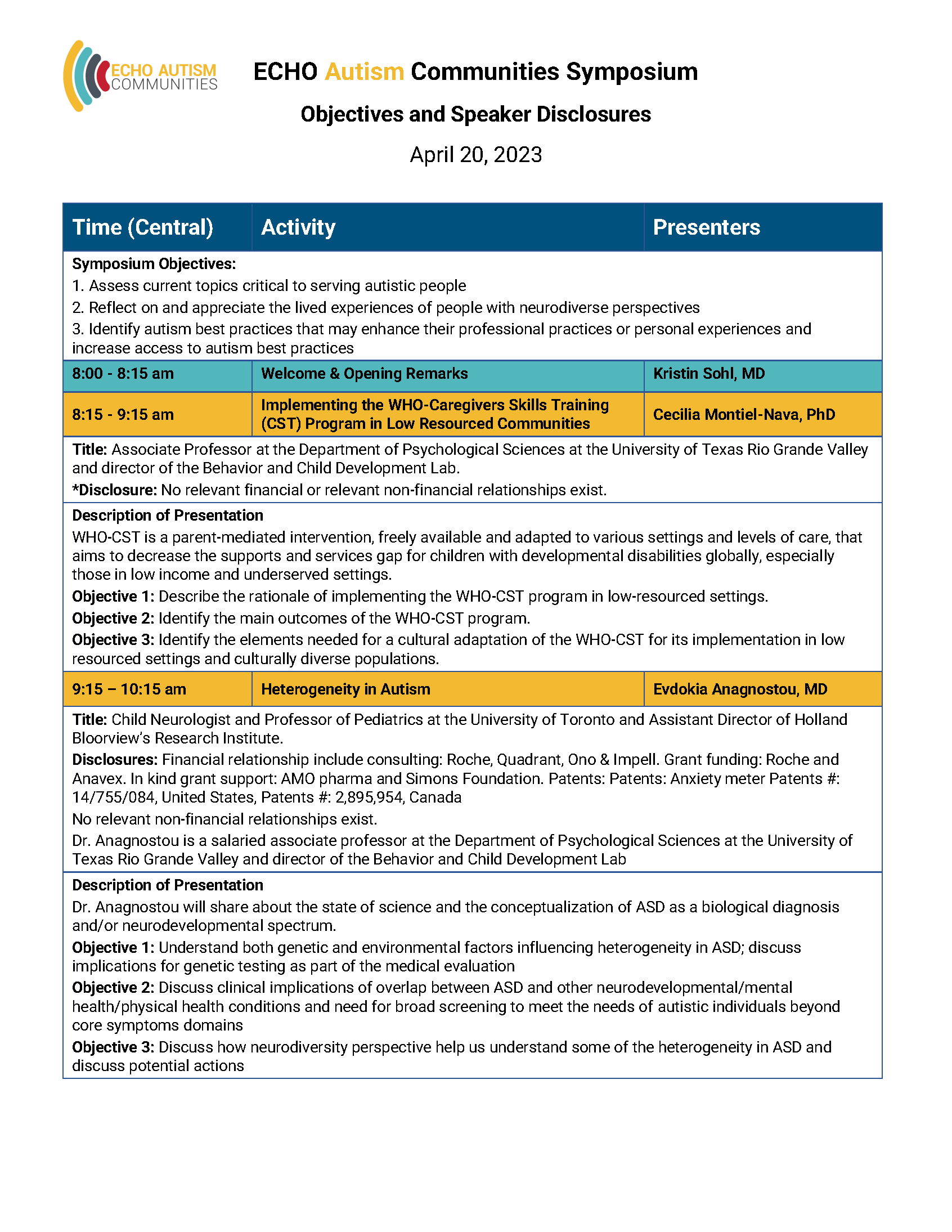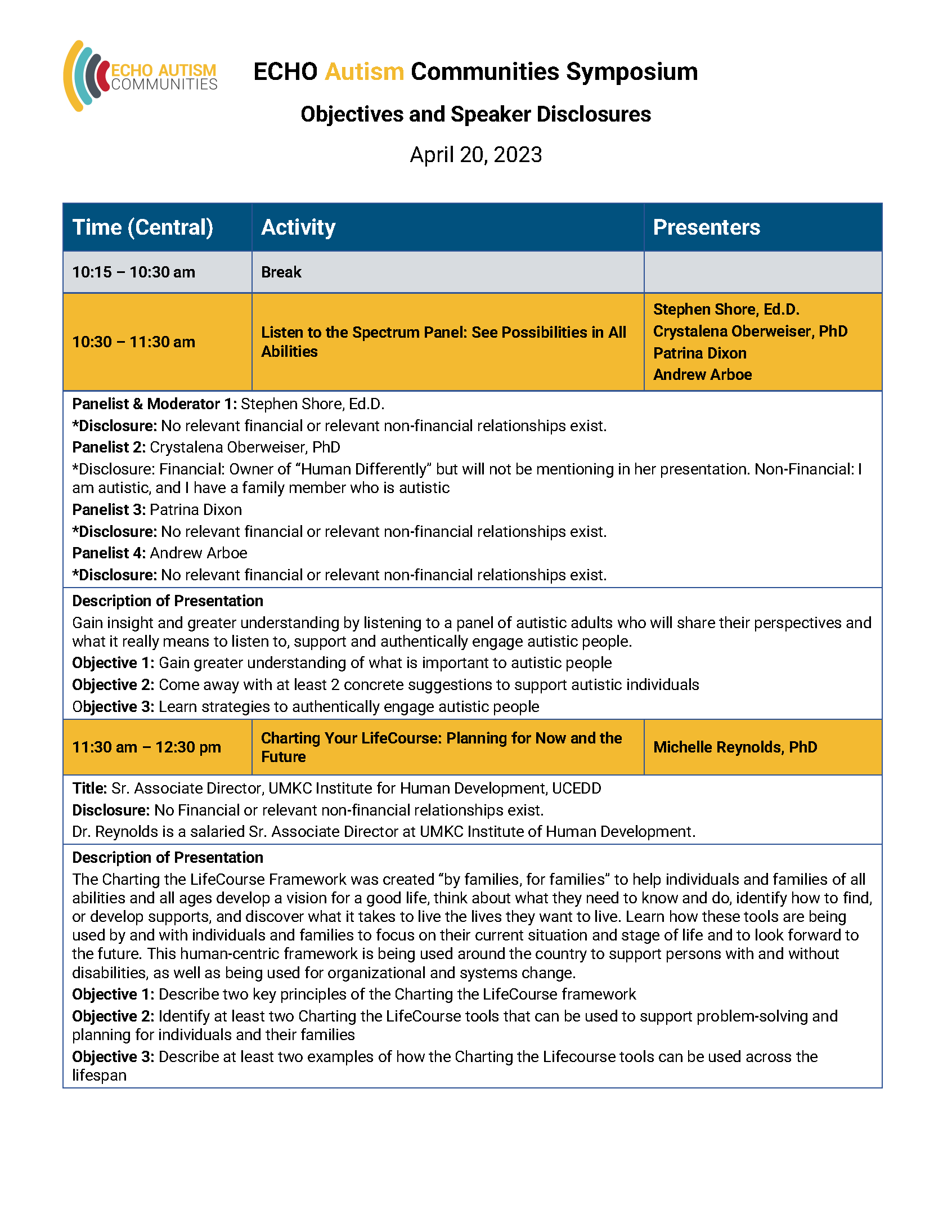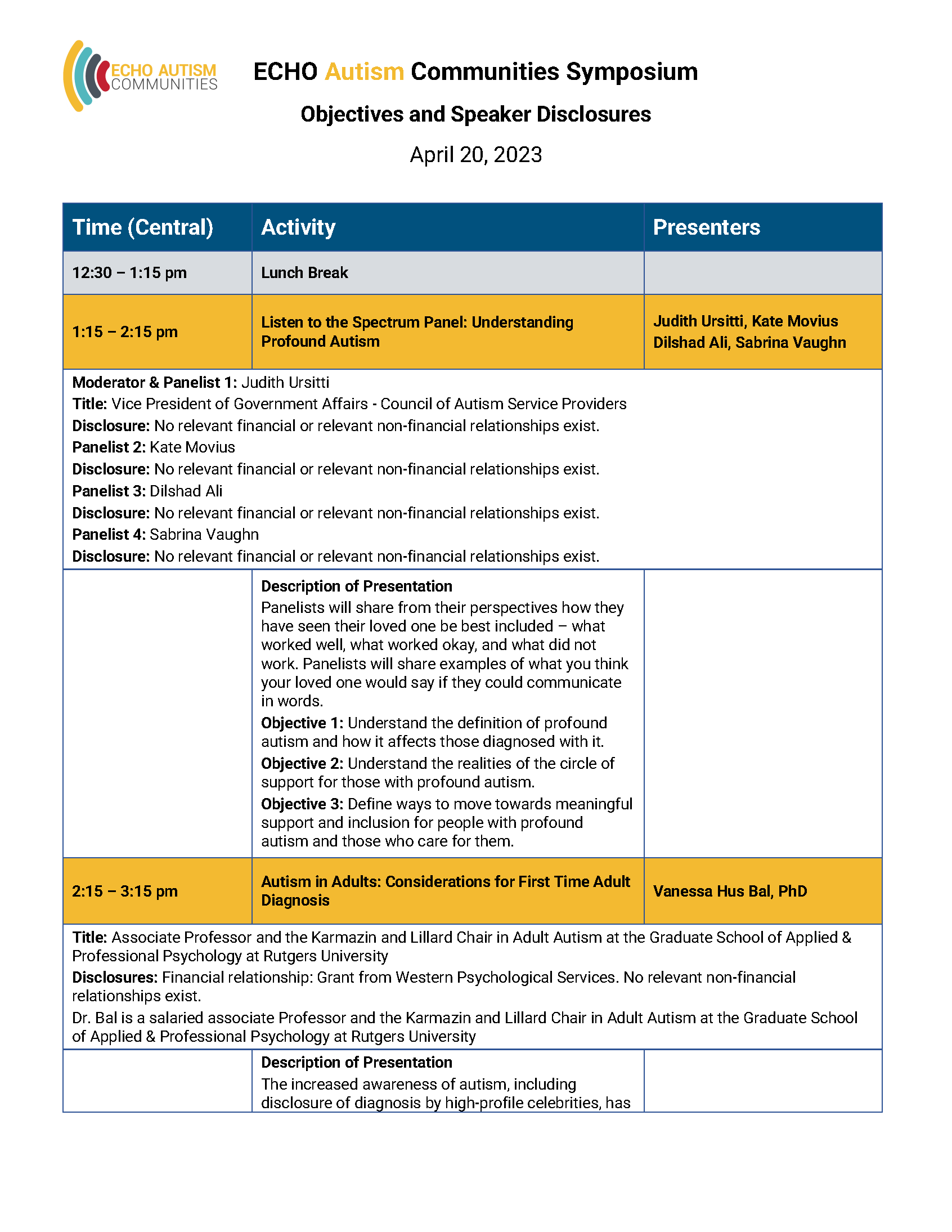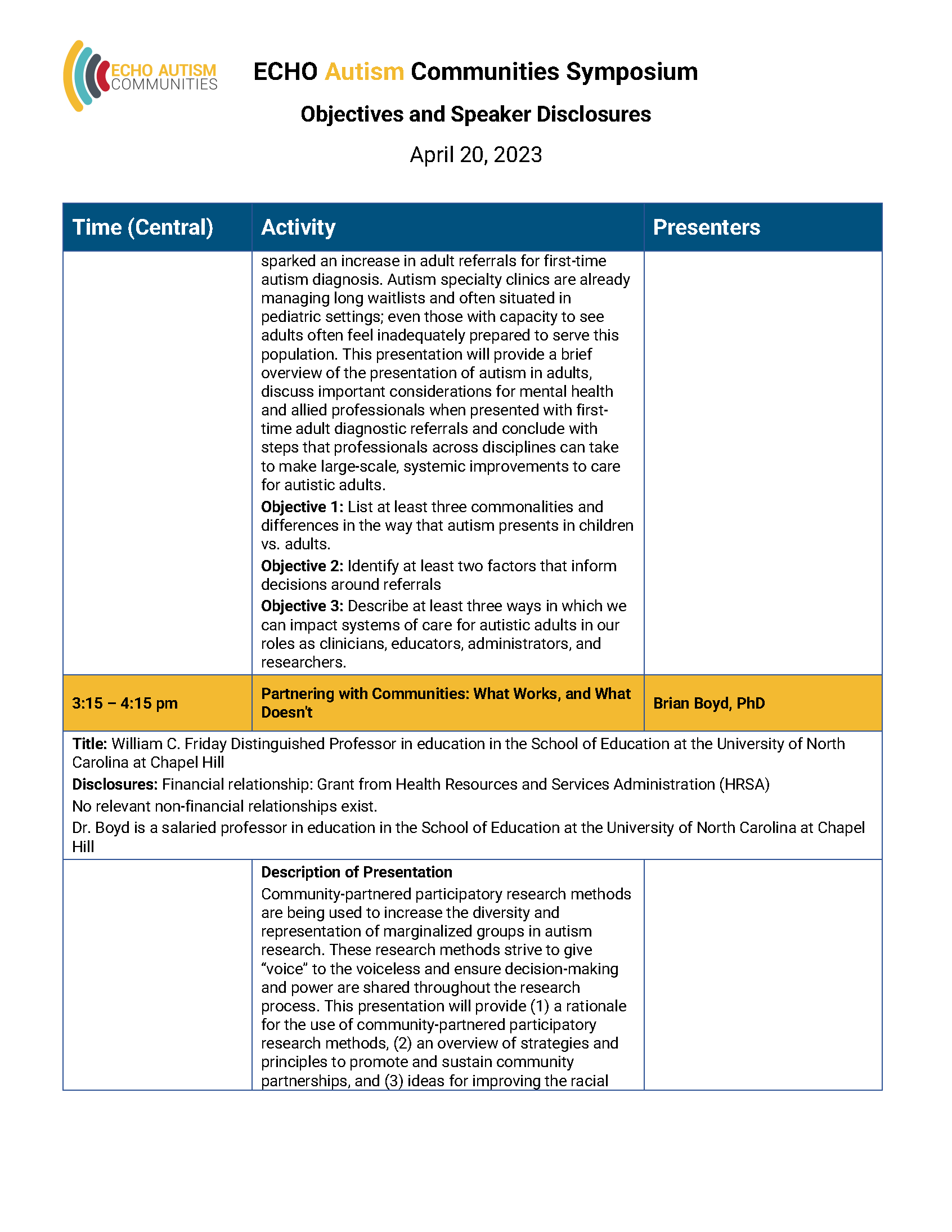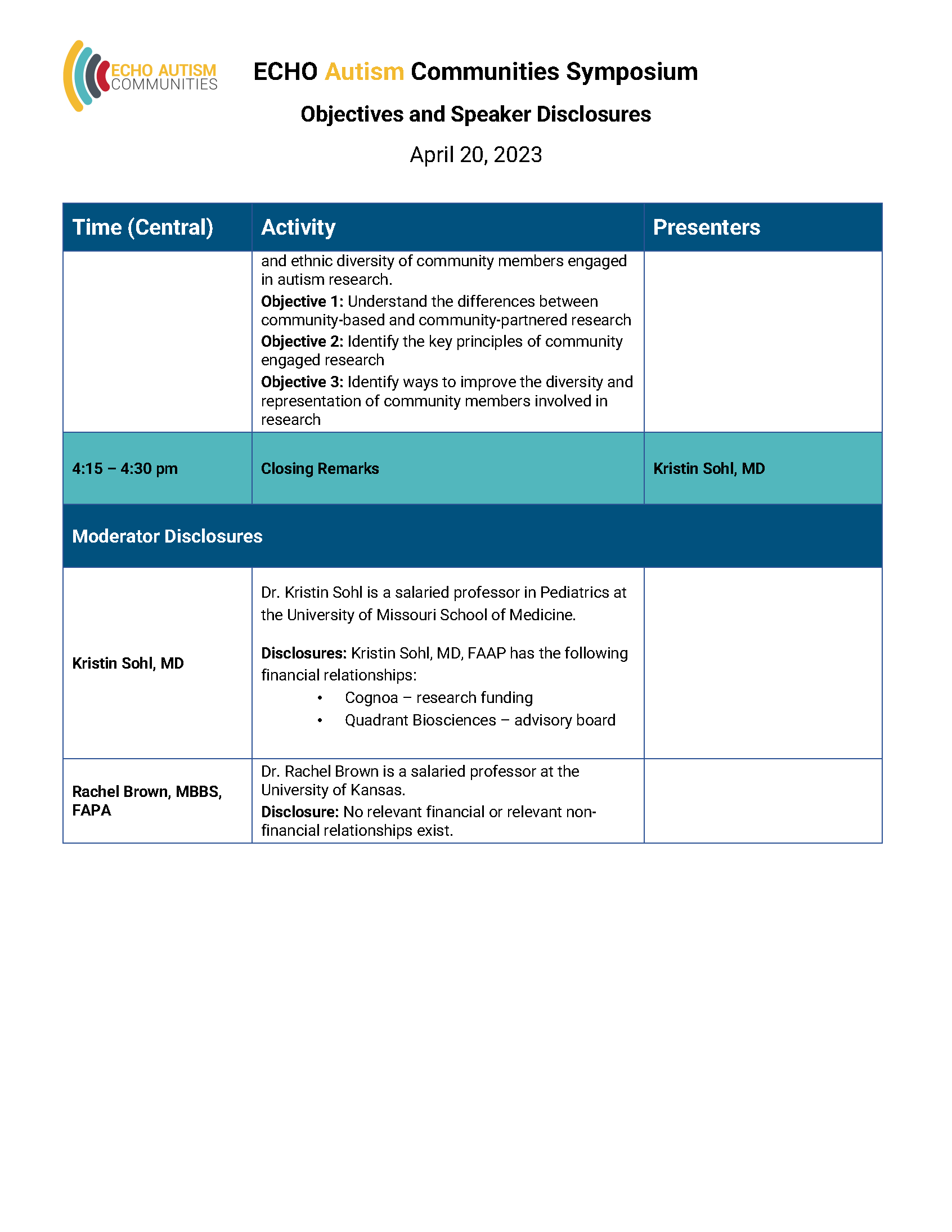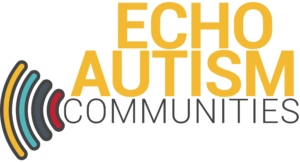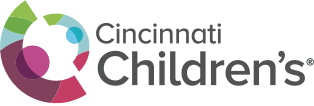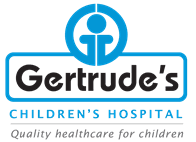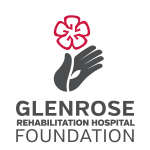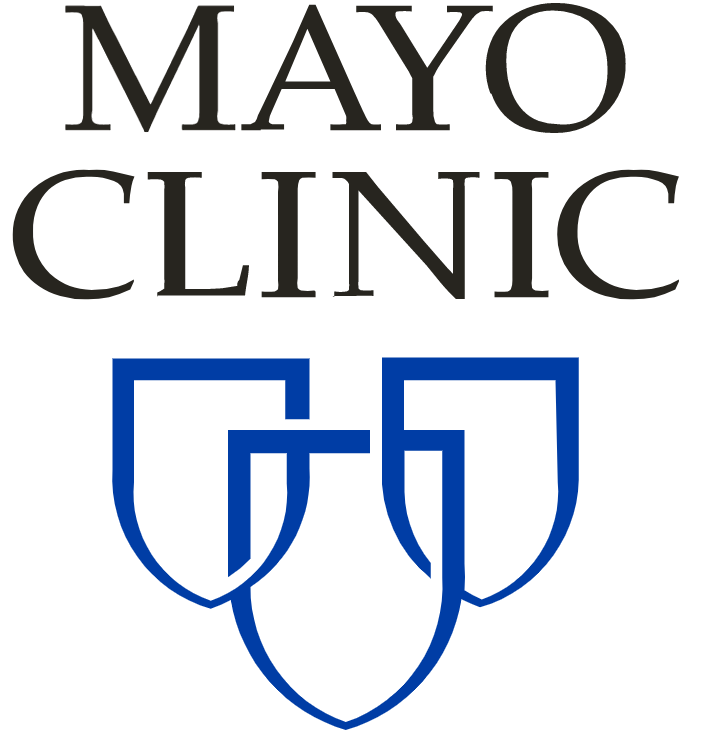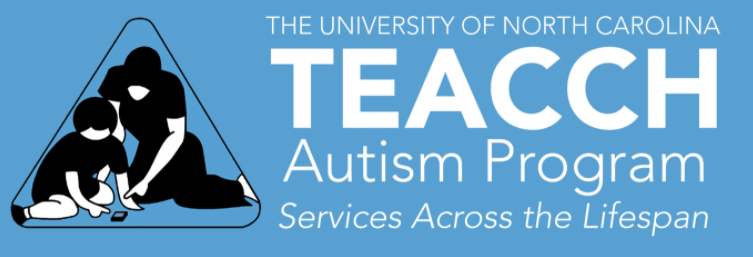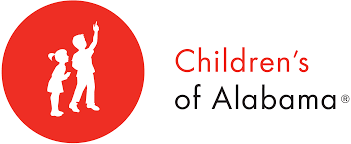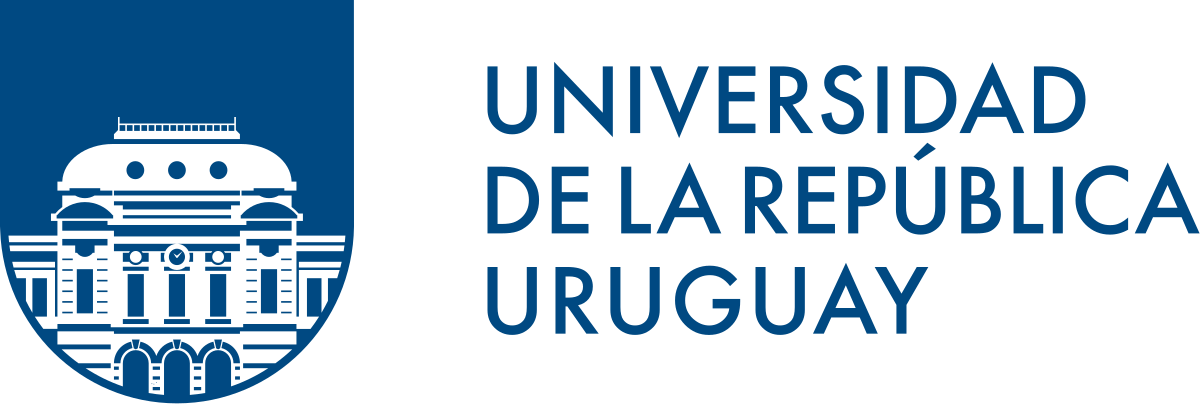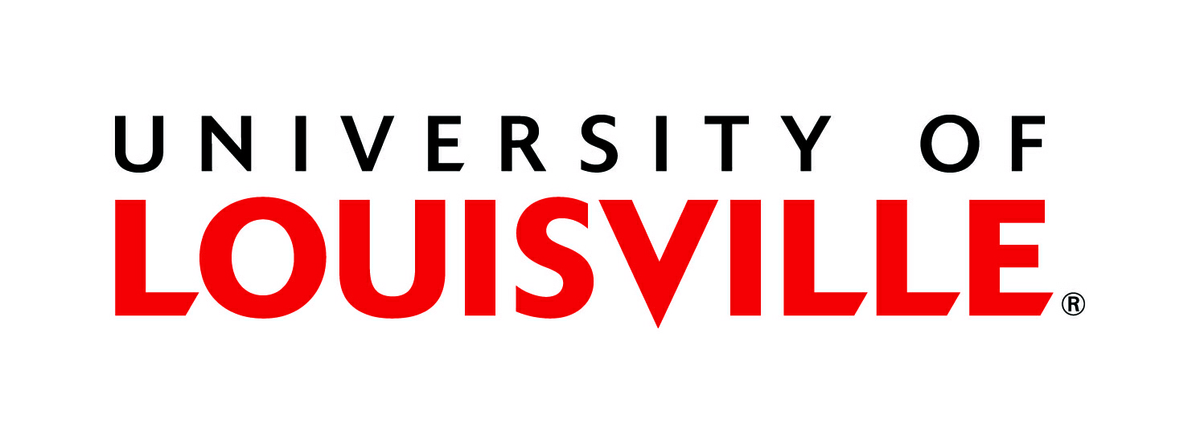If you’re tuned in with the autism community, you’ve been excited to read headlines featuring anything about Haley Moss over the past few years. This inspiring woman made news when she became the first openly autistic lawyer to practice in Florida in 2019. Since then, she has used her platform to advocate for others on the spectrum, speaking publicly about her own personal experiences and writing about disability inclusion and neurodiversity.
Since graduating from the University of Miami School of Law in May 2018, Haley has written articles for Teen Vogue, Huff Post, Bustle, and GQ, among many others. She’s published four books, including “A Freshman Survival Guide for College Students with Autism Spectrum Disorders,” and “The Young Autistic Adults Independence Handbook.” Not to mention, she has been featured on countless talk shows, podcasts, news stories, videos…she is taking the world by storm.
Needless to say, it was an exciting opportunity to have this autism advocate chat with the Expert Hub Team in our latest webinar, “Neurodiversity and Nuance.”
Haley sat down with ECHO Autism’s Hub Team Experts: Medical Director and autism parent Dr. Brett Moore, occupational therapist Brittney Stevenson, speech language pathologist Michelle Dampf, early childhood special education teacher, Michelle Haynam, and behavior analyst and clinical director, Laura Barnes, for an educational discussion about understanding and recognizing various perspectives that relate to neurodiversity.
So what is neurodiversity?
Simply put, it’s the recognition and respect of the fact that neurological differences exist among people everywhere, just like any other human variation. Autism spectrum disorder, ADHD, and other non-neurotypical groups would fit this description.
Check out some of the highlights from our 90 minute discussion. If you want to take a deeper dive, be sure to watch the full webinar today by clicking here.
Choosing Your Own Language
In the start of the webinar, the Hub Team takes time to discuss the importance of language, and how we define disability. In the autism space, individuals may choose to use person-first or identity/disability-first language. Identity first language puts the person before the condition, such as “person with autism.” The latter would be “autistic person.”
Guest speaker Haley Moss chooses to use identity-first language for herself, and stresses the importance of listening to how others describe themselves as well. If you don’t know, she says you can always ask!
“You probably will hear me throughout the day identify as autistic, because I don’t think autism is something I can take with me. And I don’t think you should need to be reminded that I am a person above everything else,” Haley explains.
“We are all human and if sometimes maybe you have to be reminded that I’m a person, it doesn’t always feel too cool. I can’t separate being autistic from the fact that I am a woman or that I have red hair or just who I am as a human being. It’s as much a part of me as being a woman or someone with red hair or anything in that matter. But understanding there is no one correct answer.”
Ableism in Everyday Language
One of the ways to help promote the understanding and acceptance of neurodiversity is to watch the everyday language we use that may be discriminating against or detrimental to others. Haley Moss discusses “ableism,” and how she actively tries to reduce its place in her life, by cutting the word “crazy” out of her vocabulary.
“Every single one of us has biases. We stereotype, and that doesn’t mean that we’re bad people. We do this because it’s human nature,” Haley starts.
“Unlearning the ableism that we’ve been taught or is intertwined in our culture is a first step before we start educating other people. There are still things that I’m trying to unlearn very actively. And I think about what’s ingrained into our culture that we don’t even think twice about. For me, that is the prevalence of the word ‘crazy.’”
“I realize as time goes on and by listening to enough neurodivergent people with mental health disabilities that the word ‘crazy’ is very harmful.”
Haley goes on to ask, what can she do? One route is acknowledging the mistake she has made, without taking concrete action. Sure, this will probably give her a free pass. But we as a society can do more.
“If you’ve heard me trying to break this habit, you have probably heard me say things like ‘bonkers,’ ‘ridiculous,’ or just ‘wild.’ That is something that I do to challenge myself in order to unlearn the ableism of harmful language. As we have learned over time, language changes a lot. That’s easy stuff to unlearn, and something you can do very tangibly.”
Are there words in your everyday language that might be affecting others? Take some time to think about alternatives, and how changing your language can impact those around you!
Benevolent Ableism
Haley breaks down another type of ableism that might be present in our daily lives: benevolent ableism.
“The kind of ableism that I deal with the most is the hardest stuff to untangle for most people,” Haley says. “I think for most professionals and parents you all really have to examine your feelings on this one, but it’s the idea of benevolent ableism.”
This one is a little trickier, so let’s break it down.
Benevolent ableism is defined as a “microaggression that plays into the stigma of people with disabilities needing help.” It’s usually not on purpose, which is why recognizing it is so important. Because when the “helper” in the situation makes a decision for someone else when it’s not required, it will often leave the other party feeling disempowered, or like they are not in control of making their own decisions.
As Haley explains, it strips one of self advocacy, independence, and doesn’t allow them to be participants in their own lives.
“Imagine after our webinar today, we are all going to have a pizza party,” Haley explains. “Well, we have one friend here, let’s say it’s Kristin, who doesn’t like pizza. So what are we going to do? Benevolent ableism says that we’re just not going to invite Kristin. Kristin is going to one day call us out on this and go ‘Why didn’t you guys invite me to the pizza party?’
“And me, being the considerate, nice friend, who is mistaken in this, is going to say ‘Well Kristin, I know that you don’t like pizza, and I didn’t want to make you uncomfortable, so I thought you wouldn’t want to go.’ But of course Kristin wanted to go! Me saying we didn’t invite you because we thought you wouldn’t want to go takes that decision away from her.”
In that scenario, Kristin may have ordered something else off the menu, had a snack beforehand, or even just come to hang out without eating pizza. But she never got to make the decision on her own because of her friend’s benevolent ableism.
Advocacy for All
Haley Moss and the team discuss so much more throughout the 90 minute conversation, including ways to advocate for minimally verbal communicators, the benefits of ABA, and different parenting techniques from real autism parents.
Don’t miss out on this important conversation! Watch the full webinar, Neurodiversity and Nuance, today at echoautism.org/webinars.
And stay up to date with Haley Moss as she continues to advocate, publish, and speak around the world about neurodiversity at haleymoss.co!
